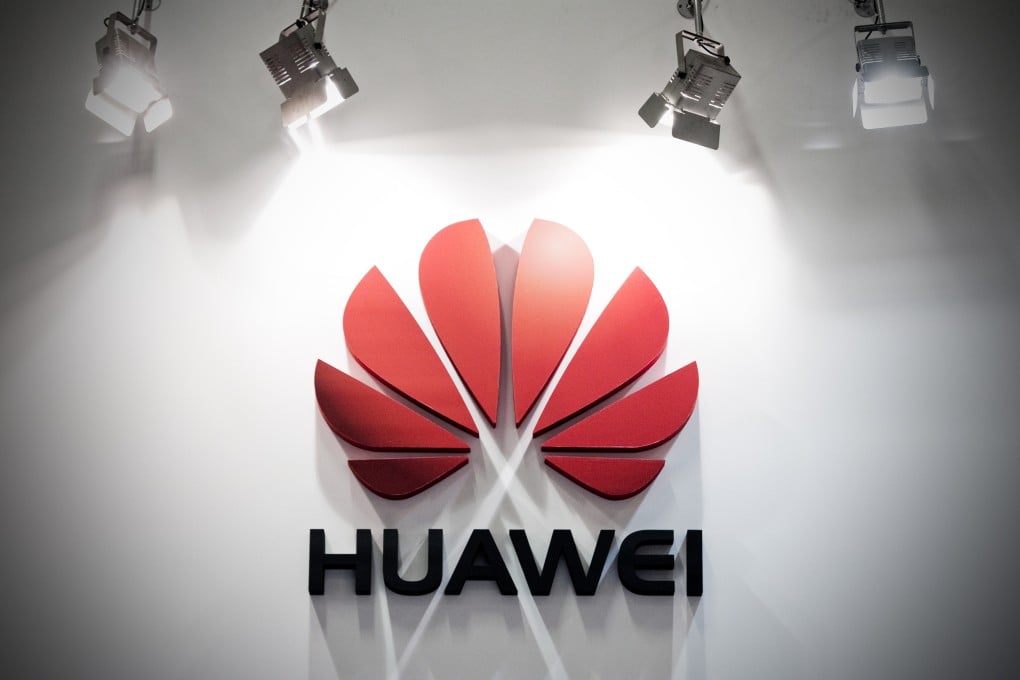Huawei has replaced more than 13,000 parts, redesigned 4,000 circuit boards to overcome US tech sanctions, founder says
- Parts substitution and redesigning circuit boards are among key measures undertaken to survive US tech sanctions, Huawei founder reveals
- ‘My mind went blank’ when the US suddenly blocked Huawei’s access to advanced technology, founder Ren Zhengfei says

Huawei Technologies Co has replaced more than 13,000 components in its range of products with local substitutes and redesigned over 4,000 circuit boards in the past three years, founder Ren Zhengfei said, offering a glimpse of its efforts to overcome years of US sanctions.
Ren, 78, said the production of circuit boards has “stabilised” after the Chinese telecoms giant developed replacement parts from domestic sources, according to a transcript of his speech published by Nanjing University on Friday. Huawei will launch MetaERP, its own resources planning system, next month and fully use its own operating system, data system, compiler and language, it added.
Ren delivered the speech during a February 24 seminar to thank the public and academics who participated in the company’s search for solutions to its technology predicament. The transcript was also posted by Peking University and Shanghai Jiao Tong University, among others.

Huawei did not immediately respond to an email request for comment over the weekend. The company will report its annual results later this month.
The Shenzhen-based company has been hit by US sanctions in the past few years as technology rivalry intensified amid concerns about the company’s ties to the Chinese military. The Trump administration added Huawei to an export blacklist on national security grounds in 2019, hobbling its once-lucrative smartphone business.
Ren said until Huawei’s skirmishes with the US, he was an advocate of Western technology when he was young and still admired Western tech after he founded Huawei, adding that even now he is not “anti West”.